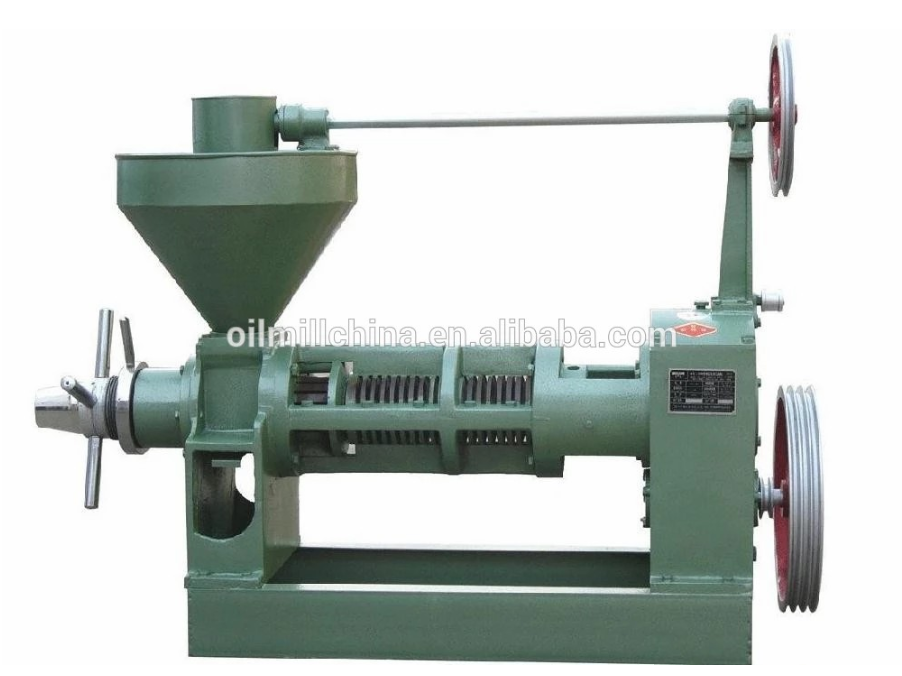dec . 22, 2024 09:26 Back to list
vegetable oil refinery plant service
Understanding Vegetable Oil Refinery Plant Services
Vegetable oil refining is a crucial process in the production of edible oils, ensuring that the final product is safe, palatable, and suitable for consumption. Oil refining is not merely a technical necessity; it encompasses several key services that promote efficiency and quality throughout the process. This article explores the various services provided in vegetable oil refinery plants and their significance in the overall manufacturing process.
1. Pre-Processing Services
Before refining can begin, the raw vegetable oil extracted from seeds or nuts must undergo pre-processing. This includes degumming, deacidification, and bleaching—steps essential for the removal of impurities. Services in this stage involve the analysis of the crude oil to identify contaminants, moisture levels, and free fatty acids. Specialized equipment such as centrifuges and filter presses are employed, which require skilled technicians for operation and maintenance.
2. Refining Services
The core of the vegetable oil refining process consists of several steps that convert crude oil into refined oil. The main refining processes include neutralization, bleaching, and deodorization.
- Neutralization This step aims to remove free fatty acids that contribute to undesirable flavors and odors. Through the addition of alkali solutions, these acids are transformed into soap, which can then be separated from the oil.
- Bleaching To improve color and remove residual pigments, bleaching is performed using adsorbents like clay or activated carbon. The efficiency of this process depends on the type and condition of the adsorbent used.
- Deodorization This final step eliminates volatile compounds that affect the oil's taste and scent. High-temperature steam is typically introduced in a vacuum setting. The effectiveness of deodorization is vital for producing oils with longer shelf lives and improved sensory properties.
Through this multi-stage process, the vegetable oil emerges purified and ready for packaging. Regular audits of these processes are integral to maintain standards and ensure the safety of the products.
vegetable oil refinery plant service

Quality assurance is paramount in any food processing industry, and vegetable oil refining leaves no room for compromise. Comprehensive quality control services are integrated into all stages of refining. This includes rigorous testing of raw materials and final products to confirm they meet industry standards.
Modern laboratories equipped with advanced instruments assess factors such as acidity levels, moisture content, and the presence of contaminants. Additionally, compliance with national and international regulations demands that refined oils are continually monitored for chemical residues and nutritional content. This vigilance ensures that consumers receive products that are both safe and high in quality.
4. Maintenance and Technical Support Services
To keep the refinery plants operating at optimal efficiency, maintenance and technical support services are essential. This includes routine checks and repairs of refining equipment, as well as upgrades to technology that can improve yield and lower operational costs.
Technicians and engineers play a critical role in diagnosing and rectifying potential failures in the refining process. This proactive approach not only extends the lifespan of the equipment but also ensures that the refining process remains uninterrupted, minimizing downtime and maximizing productivity.
5. Sustainability and Waste Management Services
The refining of vegetable oils also comes with challenges related to sustainability and waste management. Responsible refinery plants implement services that focus on reducing waste and recycling by-products. For instance, the soapstock generated from neutralization can be processed further to extract glycerin, which has lucrative applications in the cosmetics and pharmaceutical industries.
Moreover, recycling hot water used in the process or using renewable energy sources helps mitigate the environmental impact of refinery operations, aligning with global sustainability goals.
Conclusion
Vegetable oil refinery plant services are multifaceted, encompassing everything from initial oil processing to ongoing maintenance and commitment to quality. These services are integral to producing high-quality edible oils that meet consumer demands and regulatory standards. As the industry continues to evolve with advancements in technology and increased focus on sustainability, the importance of these services will only grow. By investing in effective refining practices and maintenance, vegetable oil refineries can ensure a sustainable and profitable future.
-
Expert Food Oil Refined Unit Companies | Advanced & Efficient Refining
NewsAug.26,2025
-
Food Oil Refined Machine Companies: High-Efficiency Oil Refining
NewsAug.25,2025
-
Popular Commercial Oilseed Crushing Machinery | High-Yield Oil Expeller Press
NewsAug.24,2025
-
Food Oil Refined Unit Companies: Leading Manufacturers & Exporters
NewsAug.23,2025
-
Expert Oil Filter Machine Service & Solutions | Quality & Reliability
NewsAug.22,2025
-
LZY-206 Double Screw Cold Oil Press – Maximize Yield, Preserve Nutrients
NewsAug.21,2025
